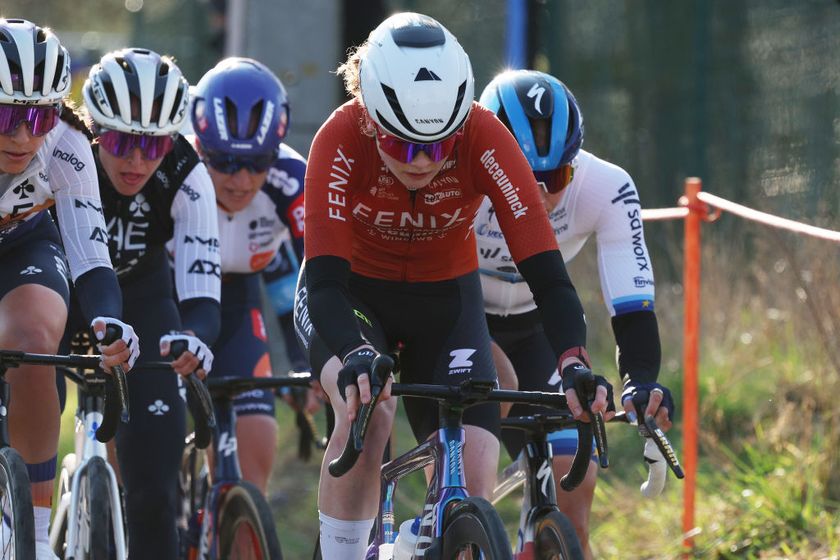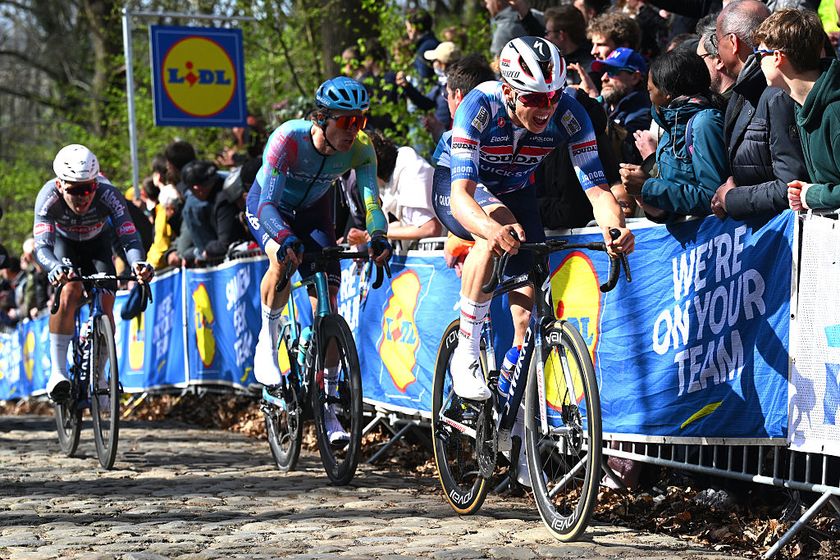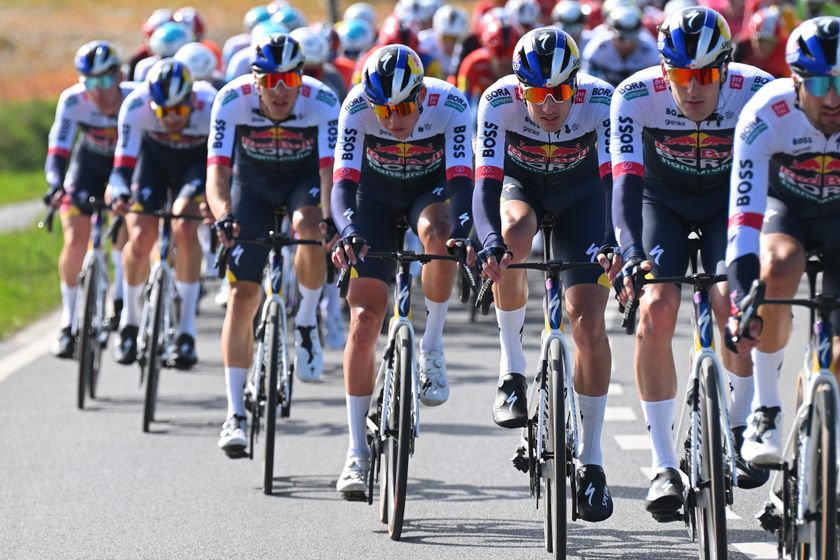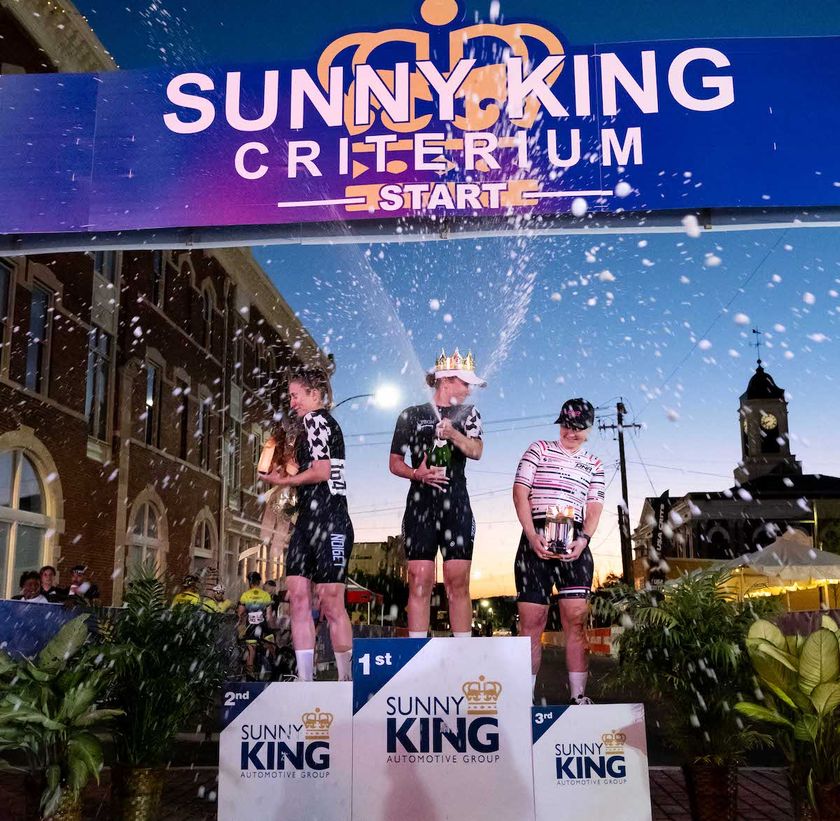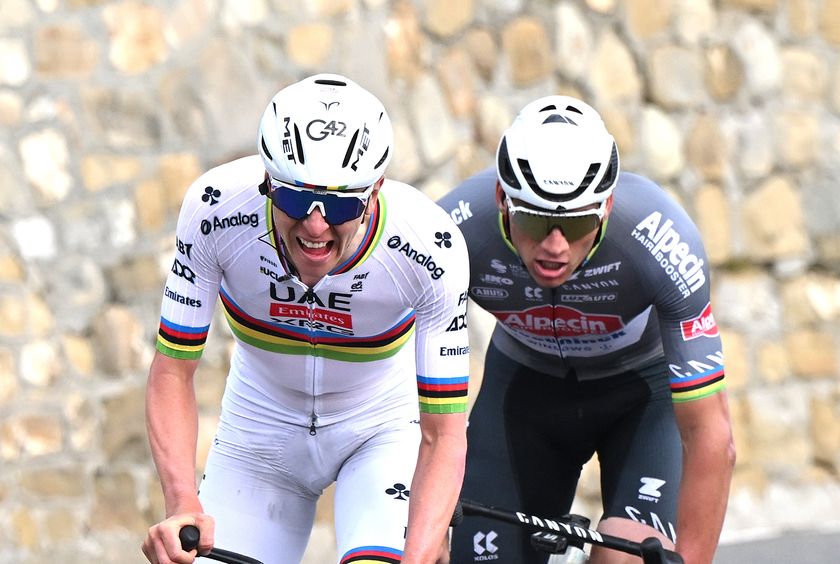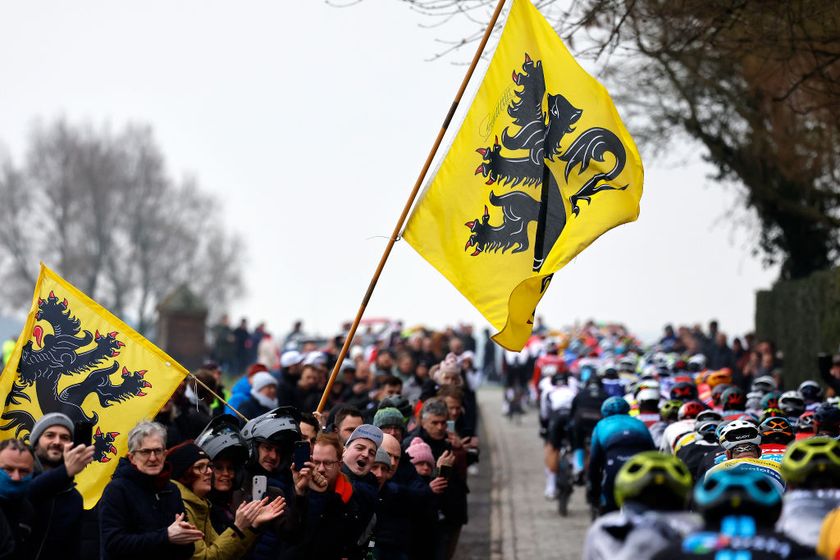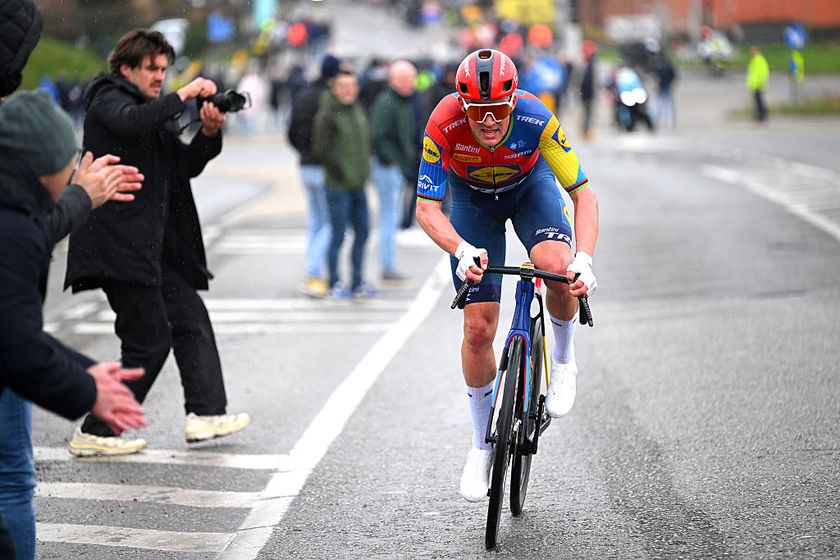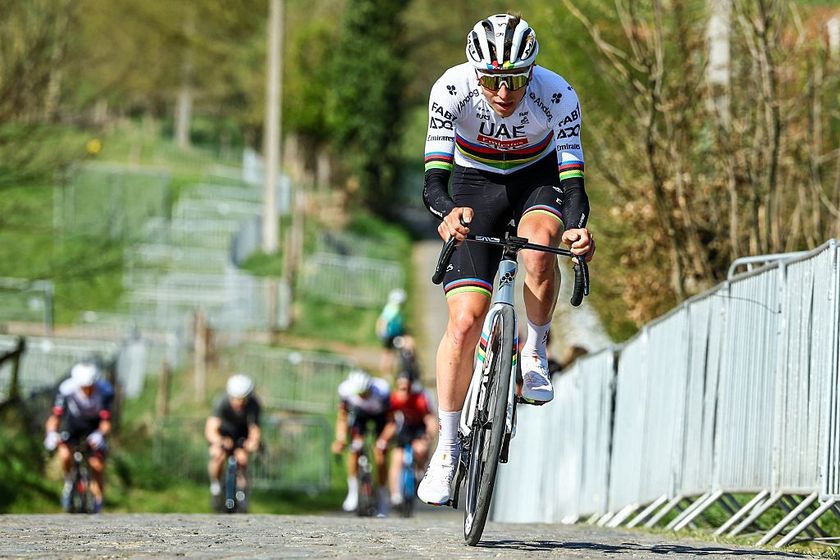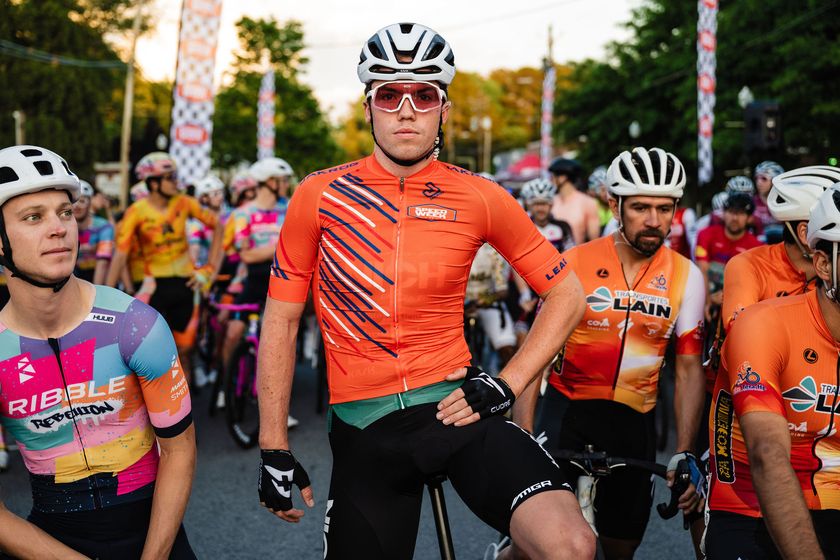Olympic 2012 chief against distinction between doping sanctions
Lord Coe criticises UK Anti-Doping after request to reclassify recreational drugs


Sebastian Coe has called for no exceptions when it comes to drug cheats at the 2012 London Olympics. Lord Coe, the chairman of the organising committee for the London 2012 Olympic Games and vice-president of the International Association of Athletics Federations, is a a strong advocate four-year bans.
He made the statement after UK Anti-Doping had petitioned World Anti-Doping Agency (WADA) to relax their laws governing certain recreational stimulants, such as cocaine and MDMA.
In a statement, UK Anti-Doping said: "WADA annually reviews the Prohibited List and as part of this, UK Anti-Doping undertakes an annual domestic consultation process to seek expert opinion and make suitable suggestions. Consequently, among those recommendations we submitted this year, was for some stimulants, such as Cocaine, BZP and MDMA, to be reclassified as Specified, in recognition of the fact that the use of these substances is almost exclusively for recreational, and not performance-enhancing reasons."
"These substances would and should remain prohibited. However, we want the Prohibited List to distinguish those substances used exclusively for performance-enhancement, and any sanctions should reflect this accordingly."
However, Lord Coe has hit back, saying that young aspiring athletes should set a firm example and that any drug taking would run against the philosophy of clean sport.
"Let's get real. What are the messages we are giving out here to young people? There is no ambiguity. If you want to be part of this project then don't take drugs. Full stop."
Coe said that a distinction would blur public perception of the fight against doping, and hoped that more severe measures would be put into place soon.
Get The Leadout Newsletter
The latest race content, interviews, features, reviews and expert buying guides, direct to your inbox!
"There is no place for drugs in sport. You can't mix the message up. I don't even think a two-year-ban is appropriate. If we're in a position in track and field to do something about it, I would move it to four years," he said.
With the aim of making London the cleanest-ever Olympics, Coe has also warned potential cheaters that they will face the most sophisticated anti-doping measures seen at any Games.
"What I can say to athletes coming to London is that we will have the technology that is in excess of any technology that you have encountered anywhere in the world," he told the theage.com.
Along with increasing the number of tests - there will be roughly 5000 anti-doping samples taken during the Games - WADA will also tighten up the their enforcement, working with border controls and Interpol in order to reduce the risk of drugs being trafficked into the Games.
Daniel Benson was the Editor in Chief at Cyclingnews.com between 2008 and 2022. Based in the UK, he joined the Cyclingnews team in 2008 as the site's first UK-based Managing Editor. In that time, he reported on over a dozen editions of the Tour de France, several World Championships, the Tour Down Under, Spring Classics, and the London 2012 Olympic Games. With the help of the excellent editorial team, he ran the coverage on Cyclingnews and has interviewed leading figures in the sport including UCI Presidents and Tour de France winners.
